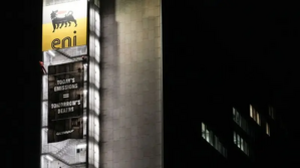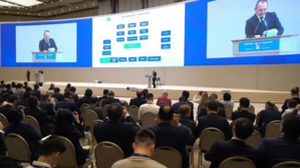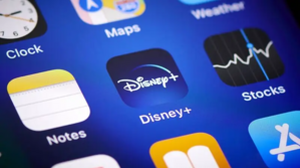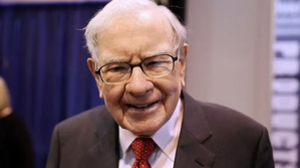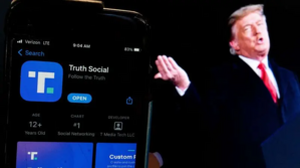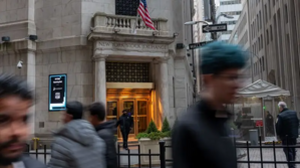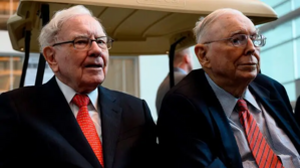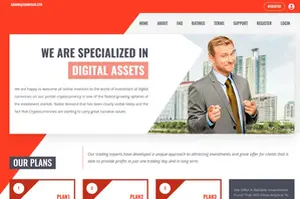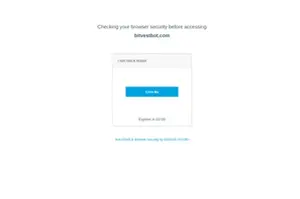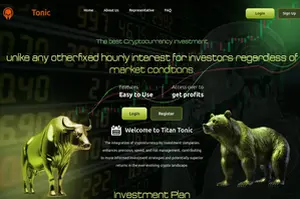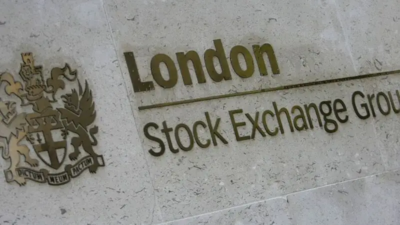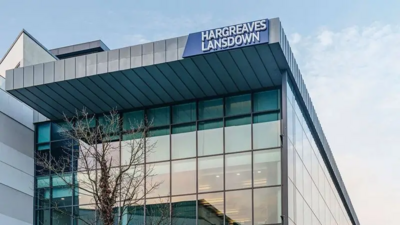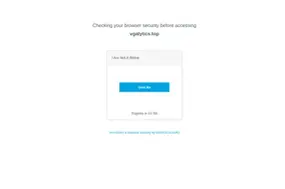The stock market is shrinking and Jamie Dimon is worried
A version of this story first appeared in CNN Business’ Before the Bell newsletter. Not a subscriber? You can sign up right here. You can listen to an audio version of the newsletter by clicking the same link.
The number of publicly traded companies in the United States is shrinking. Jamie Dimon, one of the world’s most influential business leaders, is worried.
At their peak in 1996, there were 7,300 publicly traded companies in the US. Today there are about 4,300.
It’s not that America has 40% fewer companies than it did 30 years ago, it’s that companies are increasingly staying private, largely outside the scrutiny of the public eye.
“The total should have grown dramatically, not shrunk,” wrote Dimon, CEO of JPMorgan Chase, in his annual shareholder letter on Monday.
The PE boom: The shrinking public market has private equity to blame — funds that pool money from investors to acquire or invest in companies.
When a PE fund buys a public company, it takes that company private. When it buys a company that isn’t yet public, it is kept that way. That means these funds have complete control over their companies and can encourage them to boost their profits as quickly as possible for a quick sale later down the line.
The number of private companies in the US backed by PE firms has grown from 1,900 to 11,200 over the last two decades, according to JPMorgan data.
Publicly listed companies are subject to regulatory oversight and disclosure requirements, which help ensure transparency and maintain investor confidence. With fewer companies listed, there may be a decrease in overall transparency and investor trust in the market, said Matthew Kennedy, head of data and content at Renaissance Capital.
Additionally, a company owned by PE can obfuscate ownership, what the company actually does and its profit the public and from regulators.
Dimon’s company, of course, makes a huge amount of money from taking companies public, so he’s not exactly an impartial observer. But Dimon said his concerns are broader than JPMorgan’s bottom line: If this trend continues, our understanding of the US economy could become hazier, he argued.
“This trend is serious,” warned Dimon on Monday. “We really need to consider: Is this the outcome we want?”
Intensified reporting requirements, higher litigation expenses, costly regulations, overbearing board governance, shareholder activism, heightened public scrutiny and “the relentless pressure of quarterly earnings,” could be driving companies away from public markets, Dimon said Monday.
About those quarterly reports: Earnings season begins in earnest this Friday when JPMorgan Chase reports its results from the first quarter of the year. Dimon doesn’t care for the fanfare.
Rarely, however, do we get a behind the scenes of these operations.
“There is something very positive about detailed and disciplined quarterly financial and operating reporting,” he said in his note on Monday. “But company CEOs and boards of directors should resist the undue pressure of quarterly earnings, and it is clearly somewhat their fault when they don’t.”
Companies that “disappoint” during quarterly earnings face criticism, and new or young CEOs can especially come under pressure after a bad report, said Dimon. This can lead to companies resorting to accounting tricks or disregarding what’s best for a company in the long run to boost their quarterly numbers, he said.
Companies might “take short-term actions to increase earnings, such as selling more product cheaply at the end of a quarter, cutting certain Investments that may be terrific but can show accounting losses in the first year or two, or just deploying more aggressive accounting methods at times,” he wrote.
“Once shortcuts like this begin, people all over the company understand that it is okay to ‘stretch’ to meet your numbers. This could put you on a treadmill to ruin,” he said.
Shareholder meetings: Dimon had strong words for activist investors who use shareholder meetings to engage in a campaign to influence corporate actions.
He cited “spiraling frivolousness” of the annual shareholder meeting as one of the reasons it’s become less desirable to be a publicly traded company. The event, he said, has “devolved into mostly a showcase of grandstanding and competing special interest groups.”
Shareholder activism has been a controversial topic in corporate governance for some time, but has increased in recent years. In 2023, 982 companies were subject to activist campaigns globally. That’s a 4% rise compared to a year prior and the highest level since 2019, according to the Harvard Law School Forum on Corporate Governance.
An increasing number of US companies are identifying activism as a risk in corporate disclosures, the Forum found. In 2023, more than 23% of Russell 3000 companies (an index that is often used as a stand-in for the entire US market) disclosed shareholder activism as a risk in their annual reporting, up from about 21% a year prior.
The rise of proxy advisers: Institutional investors, who have stakes in many companies, rely on proxy advisers — firms that review company data — to guide their voting on corporate decisions due to the challenge of assessing each company themselves.
But there are essentially “two main proxy advisers in the United States. One is called Institutional Shareholder Services (ISS), and the second is called Glass Lewis,” wrote Dimon. ISS is owned by Deutsche Börse, a German company, and Glass Lewis is owned by Peloton Capital, a Canadian private equity firm.
“I question whether American corporate governance should be determined by for-profit international institutions that may have their own strong feelings about what constitutes good corporate governance,” wrote Dimon. “While asset managers and institutional investors have a fiduciary responsibility to make their own decisions, it is increasingly clear that proxy advisers have undue influence.”
In a statement to CNN, a spokesman for ISS said that its benchmark policy recommended against roughly 13% of all say-on-pay proposals at the top 3,000 US companies but just 2% failed to receive majority support. “Clearly, investors decide themselves how to vote,” he said.
“With regard to our independence, ISS and Deutsche Börse in 2021 adopted a Policy on Non-Interference,” he added.
Glass Lewis did not immediately respond to CNN’s requests for comment.
TL;DR: It’s easier to remain private than to go public, and can also be more lucrative.
Over the past 25 years, private equity Investments have consistently outperformed global equities, fixed income and small-cap equities by a wide margin, according to a recent Wells Fargo analysis.
Now, Dimon is ringing the alarm. If changes aren’t made soon, he warned on Monday, the problem will only get worse.
Trump’s net worth has tumbled by $2 billion since Truth Social stock peaked last month
Shares of Trump Media & Technology Group continue to rapidly fall back to Earth, reports my colleague Matt Egan.
The Truth Social owner dropped by another 8% on Monday, adding to a brutal week that wiped out one-third of the stock’s value.
The selloff has shrunk former President Donald Trump’s stake in the controversial company to about $2.9 billion. That’s down sharply from a peak of $5.2 billion, based on the closing high of $66.22 on March 27, the day after it went public.
Trump owns a dominant stake of 78.8 million shares in Trump Media, which launched in 2021. Its plan to go public by merging with a shell company was delayed for years by regulatory and legal scrutiny.
When Trump Media finally went public late last month, experts immediately warned that Wall Street was drastically overvaluing the company, based on traditional fundamental metrics like revenue and users.
Last week, Trump Media disclosed losing $58 million last year on very light revenue of just $4.1 million. By comparison, Twitter (now known as X) generated more than 100 times as much revenue — $665 million — in 2013 ahead of its initial public offering in November of that year.
After its first day of trading, Trump Media was valued at as much as $11 billion. That’s almost twice the valuation that Reddit achieved after its IPO in March — even though Reddit generated roughly 200 times as much revenue.
Despite the recent losses, shares of Trump Media and the blank check company it merged with have more than doubled this year.
Read more here.
Biden to give Taiwan’s TSMC $6.6 billion to ramp up US chip production
The US government plans to give $6.6 billion to the world’s biggest manufacturer of semiconductor chips to help it build three factories in Arizona as part of President Joe Biden’s efforts to secure the supply of advanced chips, report my colleagues Sam Fossum and Anna Cooban.
The White House announced Monday that it had signed a non-binding agreement with Taiwan Semiconductor Manufacturing Company (TSMC) to provide it with the funds for the Phoenix-based fabrication plants, or “fabs,” in addition to roughly $5 billion in government loans.
“America invented these chips, but over time, we went from producing nearly 40% of the world’s capacity to close to 10%, and none of the most advanced chips,” Biden said in a statement. “(That exposes) us to significant economic and national security vulnerabilities.”
In addition to two previously announced US plants, the Taiwanese chipmaker, which manufactures an estimated 90% of the world’s most advanced chip, said Monday that it would build a third plant, bringing its total Investment in Arizona to more than $65 billion.
Shares of TSMC closed more than 1% higher on Monday.
Read more here.
Maybe You Like
London Stock Exchange urged to do more to hold onto retail traders
The UK stock market needs to improve investor communication and engagement in order to retain its individual traders, according to a report from online trade and investor provider CMC Markets. ADVERTISEMENTUK retail investors are increasingly...
Hargreaves Lansdown rejects private equity takeover bid
The UK investment platform says the offer from a group including the Abu Dhabi Investment Authority undervalues the firm. ADVERTISEMENTHargreaves Lansdown has rebuffed a takeover proposal worth £4.67 billion (€5.48 billion) made...
Ferrovial set to offload UK regional airports amid Heathrow deal uncertainty
Ferrovial is planning to sell its stake in three UK regional airports amid difficulties in finalising its £2.4bn sale of a 25% stake in Heathrow. ADVERTISEMENTSpanish infrastructure company Ferrovial is reportedly putting up for sale...
